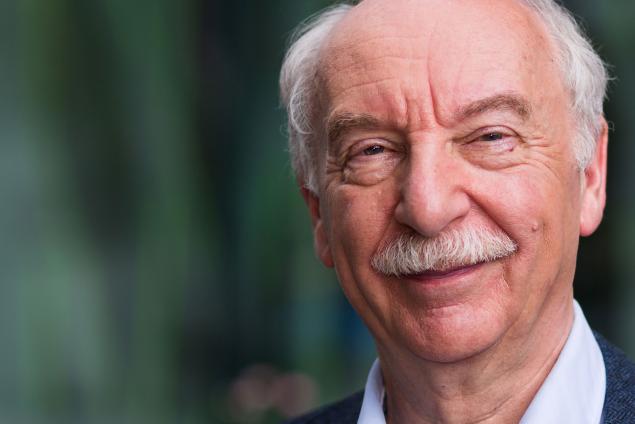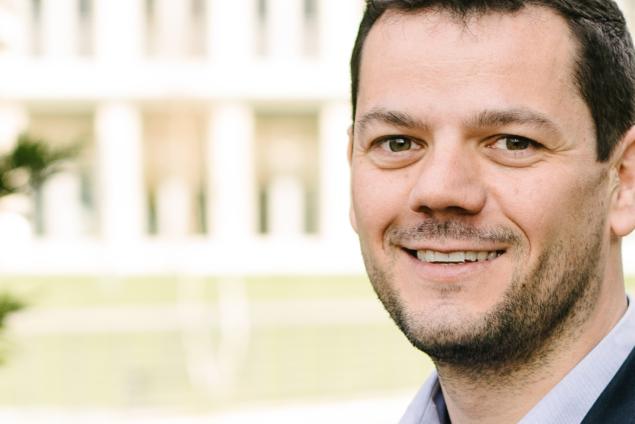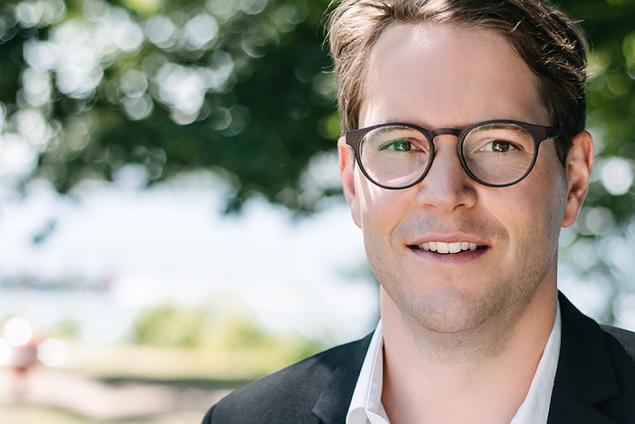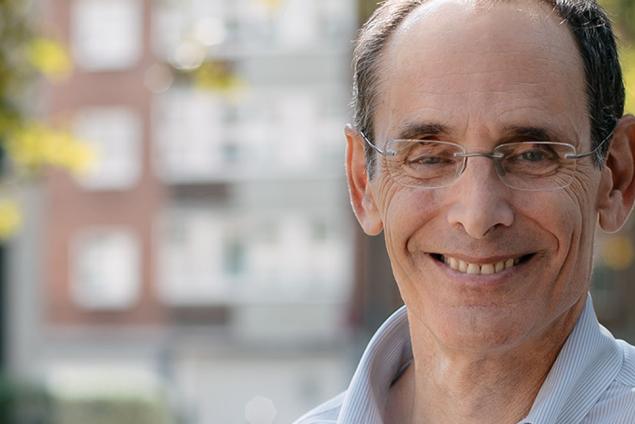Scroll to Section:
People’s honesty is often a crucial consideration in politics and in economics as well as in society more generally. In this video, URS FISCHBACHER outlines his development of an instrument to measure honesty and patterns of dishonesty. Participants rolled a die and were told that their number corresponded to a payoff. Though the experiment showed that people were dishonest, it also demonstrated that this was not always the case. Fischbacher explains how the initial experiment has been expanded and refined to bring about advances in both our theoretical and practical conception of honesty.
DOI:
https://doi.org/10.21036/LTPUB10687
Original publication
Lies in Disguise - An Experimental Study on Cheating
Journal of the European Economic Association
Published in 2013
Beyond
A Ground-breaking Scientific Revolution
An Alarming Challenge for Society
If I Had a Second Life
A Personal Reading Recommendation




